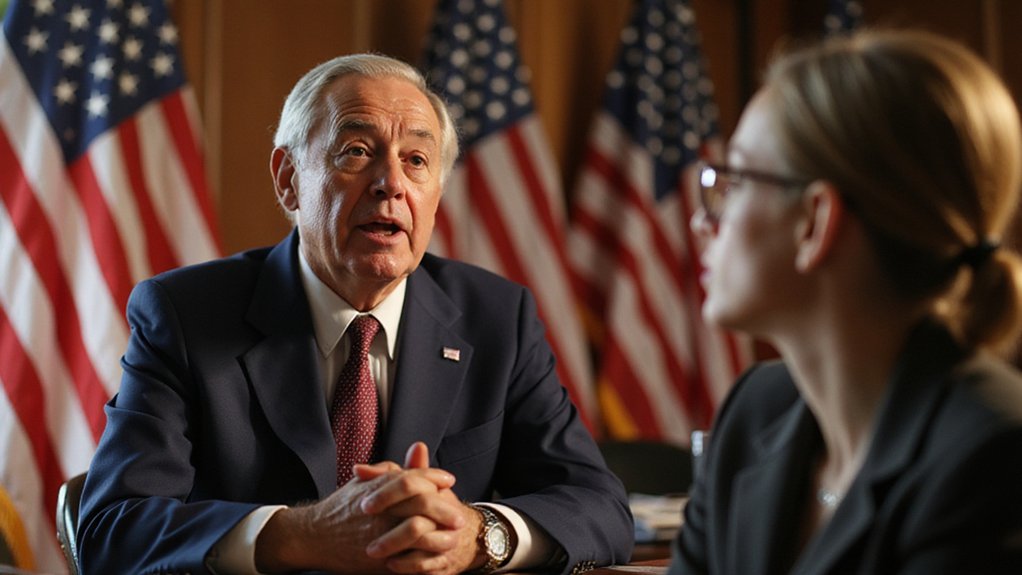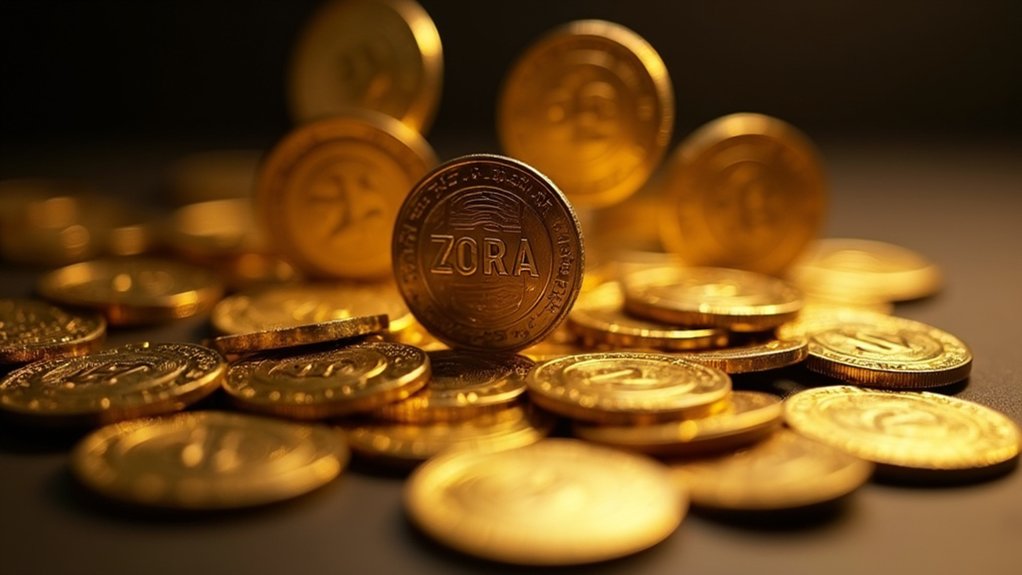While most nations content themselves with the traditional trinity of gold, foreign currencies, and government bonds in their sovereign reserves, Brazil has decided that what its $300 billion treasury really needs is the digital asset that once powered Silk Road transactions and whose value can swing 20% on a Tuesday because someone sneezed near a mining farm in Kazakhstan.
Bill 4501/2024 proposes establishing Brazil’s Sovereign Strategic Bitcoin Reserve (RESBit), allocating up to 5% of international reserves—a cool $15 billion—to Bitcoin. The legislation, scheduled for its first public hearing on August 20, 2025, represents either visionary financial planning or the world’s most expensive experiment in monetary policy, depending on whom you ask.
Brazil’s $15 billion Bitcoin bet: either revolutionary reserve strategy or the most expensive government YOLO in monetary history.
Proponents frame Bitcoin as “digital gold,” a hedge against currency volatility and geopolitical risks that could diversify Brazil’s reserve portfolio while positioning the nation at blockchain technology‘s forefront. The Vice President’s chief of staff champions the initiative as crucial for long-term prosperity, viewing it as integral to broader digital finance modernization efforts, including integration with Brazil’s forthcoming CBDC, Drex.
The proposal mandates gradual Bitcoin accumulation managed jointly by the Central Bank and Finance Ministry, with holdings stored in cold wallets and strict protocols governing officials’ conduct (because apparently we need criminal penalties to prevent civil servants from accidentally losing the nation’s Bitcoin in a boating accident).
Implementation would occur within 180 days of approval, assuming legislators can resist the urge to consult their horoscopes first.
Opposition centers on Bitcoin’s notorious volatility—a concern that seems almost quaint given the asset’s propensity for behaving like a caffeinated daytrader. The Central Bank’s monetary policy director and other officials question whether an asset that regularly experiences double-digit percentage swings belongs anywhere near sovereign reserves.
Brazil’s initiative mirrors global trends, following the U.S.’s Strategic Bitcoin Reserve creation in March 2025 and similar explorations by Indonesia, Ukraine, Bhutan, and Kazakhstan.
With institutional adoption accelerating—MicroStrategy holds 628,791 BTC representing 4.55% of total Bitcoin—and global Bitcoin ETF inflows exceeding $1 billion in July 2025, Brazil’s gambit could establish it among the first major economies to formally embrace cryptocurrency as a reserve asset, assuming Bitcoin doesn’t decide to crater spectacularly before the hearing. The massive industrial mining operations that now dominate cryptocurrency mining have contributed to increased hash rates and market volatility that could affect the long-term stability of such national reserves.





